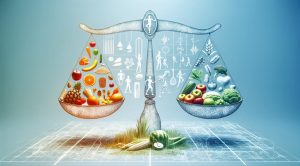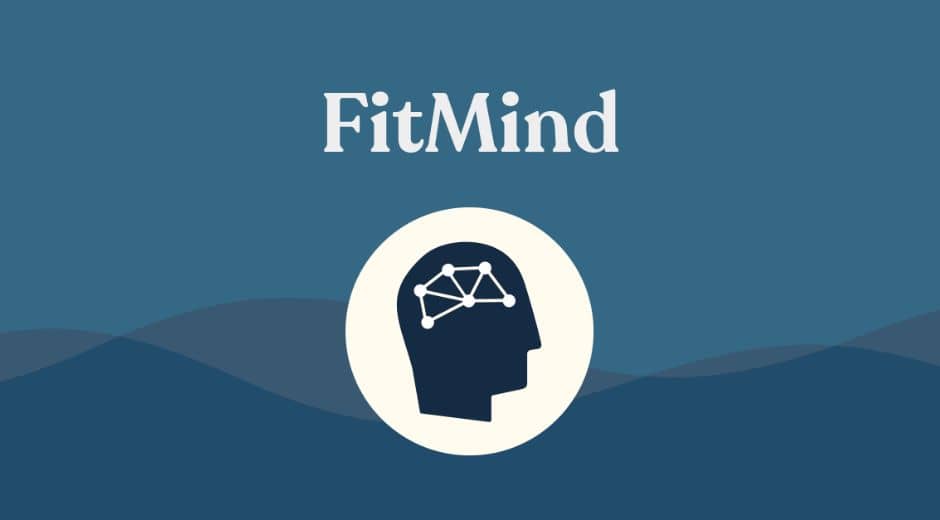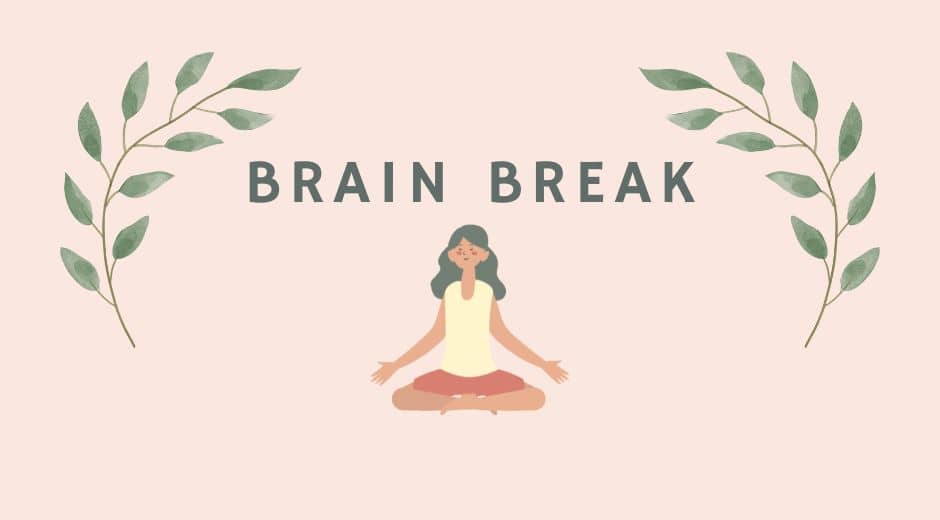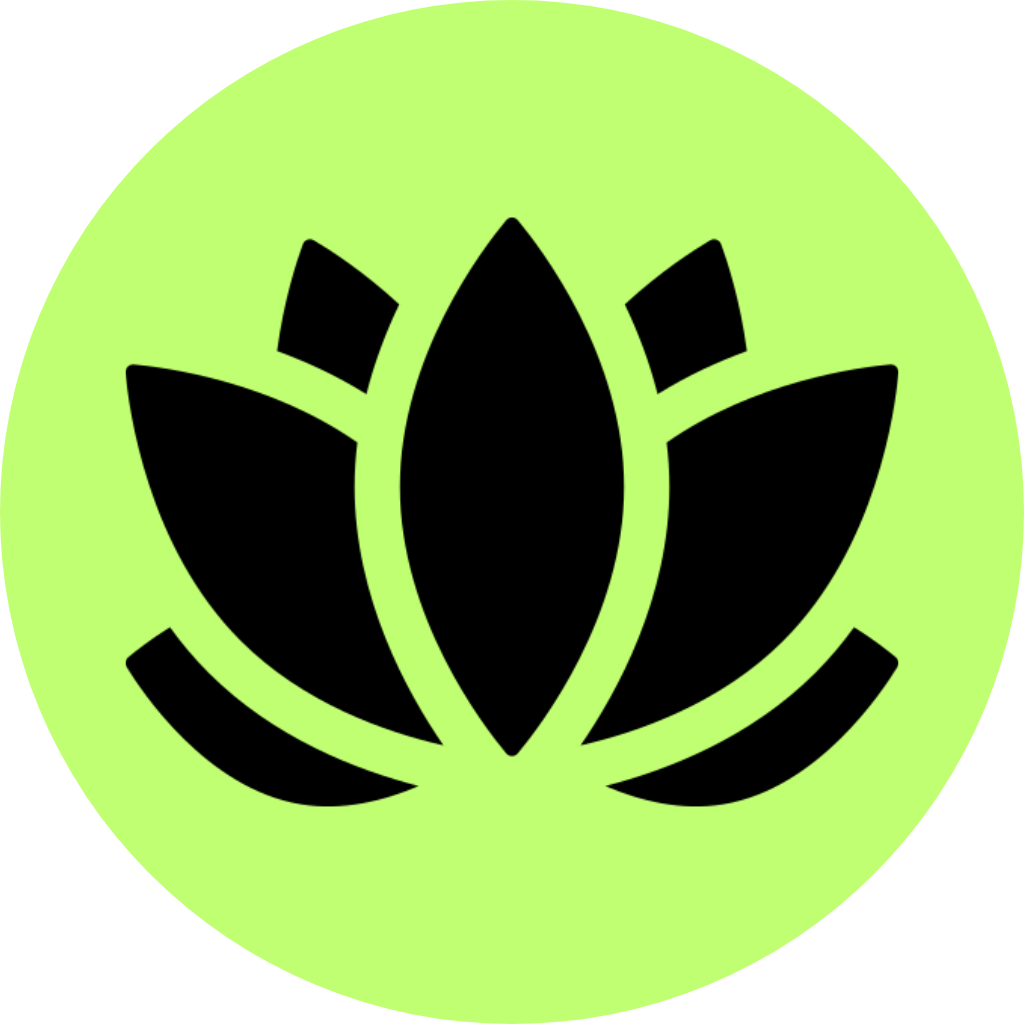Unstoppable Fitness: Transform Your Body Fast
Unstoppable Fitness: Transform Your Body Fast
In today’s world, achieving peak fitness can feel daunting, but with the right strategies, an unstoppable approach to training and wellness is possible. Fitness isn’t just about appearances; it’s about cultivating strength, endurance, and mental resilience. From workout routines and nutrition plans to recovery techniques and mindset shifts, every step contributes to transforming your body fast. Understanding how to integrate these methods effectively creates a sustainable path for anyone committed to making unstoppable progress.
1. Structured Workout Plans
A structured workout plan is key to achieving an unstoppable transformation. Consistency is vital, but variety ensures progress. Combining strength training, cardio, and flexibility exercises builds a balanced physique while preventing plateaus. Programs like high-intensity interval training (HIIT) or functional fitness workouts challenge muscles in new ways, enhancing endurance and metabolism. Following a well-designed schedule also improves discipline, making it easier to stay committed to long-term goals. With the right approach, your workouts become an unstoppable engine for results.
2. Nutrition Strategies for Maximum Impact
Fitness transformation is impossible without proper nutrition. An unstoppable approach emphasizes balanced meals with lean protein, complex carbohydrates, and healthy fats. Incorporating vegetables, fruits, and adequate hydration fuels workouts and recovery. Timing meals around exercise, such as pre-workout energy boosts or post-workout protein, optimizes muscle growth and fat loss. Experts at Forbes and The New York Times highlight that nutrition habits often make the difference between moderate and extraordinary results. By adopting these strategies, you set the stage for rapid and sustainable progress.
3. Importance of Rest and Recovery
Even the most unstoppable athletes understand the value of rest. Recovery allows muscles to repair, prevents burnout, and reduces injury risk. Techniques like active recovery, stretching, foam rolling, and quality sleep support the body’s natural healing processes. Additionally, mindfulness practices and stress management enhance mental focus, making it easier to maintain consistent routines. Fitness isn’t just about pushing hard; knowing when to pause ensures continued progress and long-term sustainability.
4. Tracking Progress and Setting Goals
Tracking progress is crucial for an unstoppable transformation. By setting measurable goals, you can monitor improvements in strength, endurance, and body composition. Tools like fitness apps, wearable devices, or simple journals provide feedback that motivates and informs adjustments. Celebrating milestones, no matter how small, reinforces positive behavior. Data-driven approaches, highlighted by resources like Healthline and Men’s Health, allow you to fine-tune routines, ensuring each workout and meal contributes to your ultimate fitness transformation.
Tracking progress is crucial for an unstoppable transformation. By setting measurable goals, you can monitor improvements in strength, endurance, and body composition. Tools like fitness apps, wearable devices, or simple journals provide feedback that motivates and informs adjustments. Celebrating milestones, no matter how small, reinforces positive behavior. Data-driven approaches, highlighted by resources like Healthline and Men’s Health, allow you to fine-tune routines, ensuring each workout and meal contributes to your ultimate fitness transformation.
5. Mindset and Motivation
Tracking progress is crucial for an unstoppable transformation. By setting measurable goals, you can monitor improvements in strength, endurance, and body composition. Tools like fitness apps, wearable devices, or simple journals provide feedback that motivates and informs adjustments. Celebrating milestones, no matter how small, reinforces positive behavior. Data-driven approaches, highlighted by resources like Healthline and Men’s Health, allow you to fine-tune routines, ensuring each workout and meal contributes to your ultimate fitness transformation.
6. Combining Workouts and Lifestyle
Fitness transformation requires an unstoppable integration of exercise and daily habits. Small lifestyle changes, such as taking stairs, walking regularly, or incorporating mobility exercises, compound into noticeable results over time. Avoiding sedentary behaviors and staying active throughout the day enhances energy levels and complements structured workouts. Nutrition, recovery, and consistent exercise must all work together to create a holistic system. For deeper insights into lifestyle optimization, you can explore our comprehensive guide on maximizing fitness routines through sustainable habits at our internal resource: Maximize Fitness Guide.
7. Long-Term Strategy for Results
Sustainable results require an unstoppable long-term strategy. Extreme diets or sporadic workouts can produce temporary changes, but lasting transformation depends on consistency, adaptability, and balance. Rotating workouts, updating nutrition plans, and embracing new challenges keeps progress steady. Industry insights from Forbes, The New York Times, and Healthline confirm that adopting a lifelong approach to fitness yields the best outcomes. By staying adaptable and committed, your body transformation becomes not just fast, but enduring and unstoppable
Explore More
For additional insights and tips, check out styleradarpoint.com.com for trends and fitness inspiration, bodywellnessgroup.com for wellness and recovery techniques, tasteflavorbook.com for nutrition-driven guidance, and tripbeyondtravel.com for active lifestyle and travel ideas that complement your fitness goals.
Education Made Simple

Energy Balance Habits For Sustainable Performance
Energy Balance Habits For Sustainable Performance

Holistic Body Care Beyond Exercise And Diet
Holistic Body Care Beyond Exercise And Diet

Physical Ease Practices For Pain Free Movement
Physical Ease Practices For Pain Free Movement

Why Athletes Load Manage: Protecting the Body for the Long Game
Why Athletes Load Manage: Protecting the Body for the Long Game













